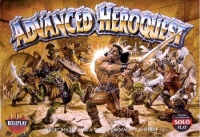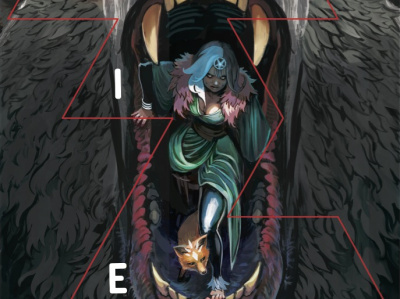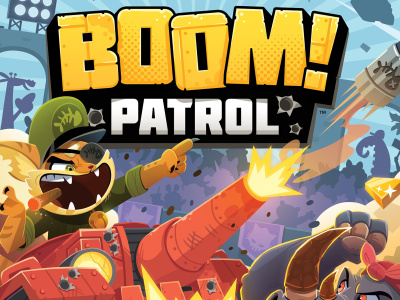 Rolling for Initiative is a weekly column by Scott Thorne, PhD, owner of Castle Perilous Games & Books in Carbondale, Illinois and instructor in marketing at Southeast Missouri State University. This week, Thorne talks about what drives the price for out-of-print games.
Rolling for Initiative is a weekly column by Scott Thorne, PhD, owner of Castle Perilous Games & Books in Carbondale, Illinois and instructor in marketing at Southeast Missouri State University. This week, Thorne talks about what drives the price for out-of-print games.I just had a customer come into the store and purchase a couple of books that he said he had seen online and in other stores but that he hadn't wanted to buy them until he found them at a "reasonable price." Though of course I didn't say it out loud, I thought, "Given the scarcity of these things, the price you found online was a reasonable price, just more than you wanted to pay."
Most stores hear several times a month, if not weekly, "Wow, you have such and such. I have been looking for this for a long time." Looks at the price. "Oh, well I was looking for this for a reasonable price."
Most customers don't realize that stores do set items at a reasonable price (after all, we are in business to sell stuff), but that price has to take into consideration both scarcity and demand. There is a reason why the Dark Tower board game sells for $400 on Amazon and Advanced HeroQuest lists for around $200, while a Theros "Thassa's Bounty" sells for a dime or less. Dark Tower is scarce; "Thassa’s Bounty" much less so. There are millions of "Thassa's Bounty" cards in print, while no one is making any more Dark Tower or Advanced HeroQuest games (unless Games Workshop or whomever holds the copyright to Advanced HeroQuest decides to do another print run). People who own copies of either AHQ or Dark Tower generally have a pretty good idea of the value of the game and won't turn it loose unless 1) they get what they consider a reasonable price for the game, 2) really need the money, or 3) find something they want more. Generally stores get in these games under conditions 2 or 3, as purchasing a product under #1 doesn't leave much profit for the store.
The other major factor coming into play here is demand. There is demand out there for "Thassa's Bounty" cards, plenty of demand, but nowise enough to absorb all of the cards that Wizards of the Coast has put into print. Conversely, there is demand out there for Advanced HeroQuest and Dark Tower, much more demand than the few copies available can satisfy, driving the price of those few available copies way up beyond what most people consider "reasonable." However, if you really want a copy of the game, either because it will fill out an empty spot in your collection or you have fond memories of it from your youth (which is what drove sales of the reprints of 1st and 2nd edition AD&D books Wizards of the Coast released over the past year), $400 is a "reasonable price" to pay for Dark Tower, especially a working copy of the game (our last copy only worked sporadically and sold for $250).
If you remember your Econ 101, what we have here are perfect illustrations of the supply curve and the demand curve. The supply curve says that, as supply increases, price decreases, while the demand curve illustrates that, as demand increases, price increases and where the two intersect is your "reasonable” price."
The opinions expressed in this column are solely those of the writer, and do not necessarily reflect the views of the editorial staff of ICv2.com.







